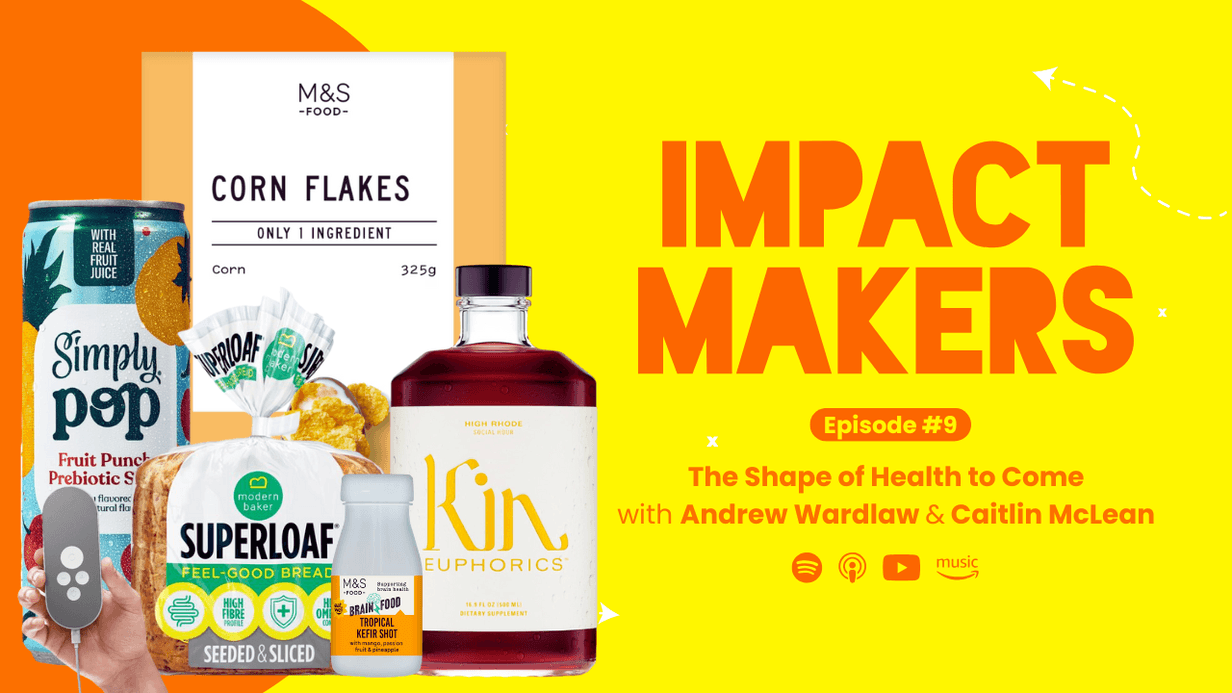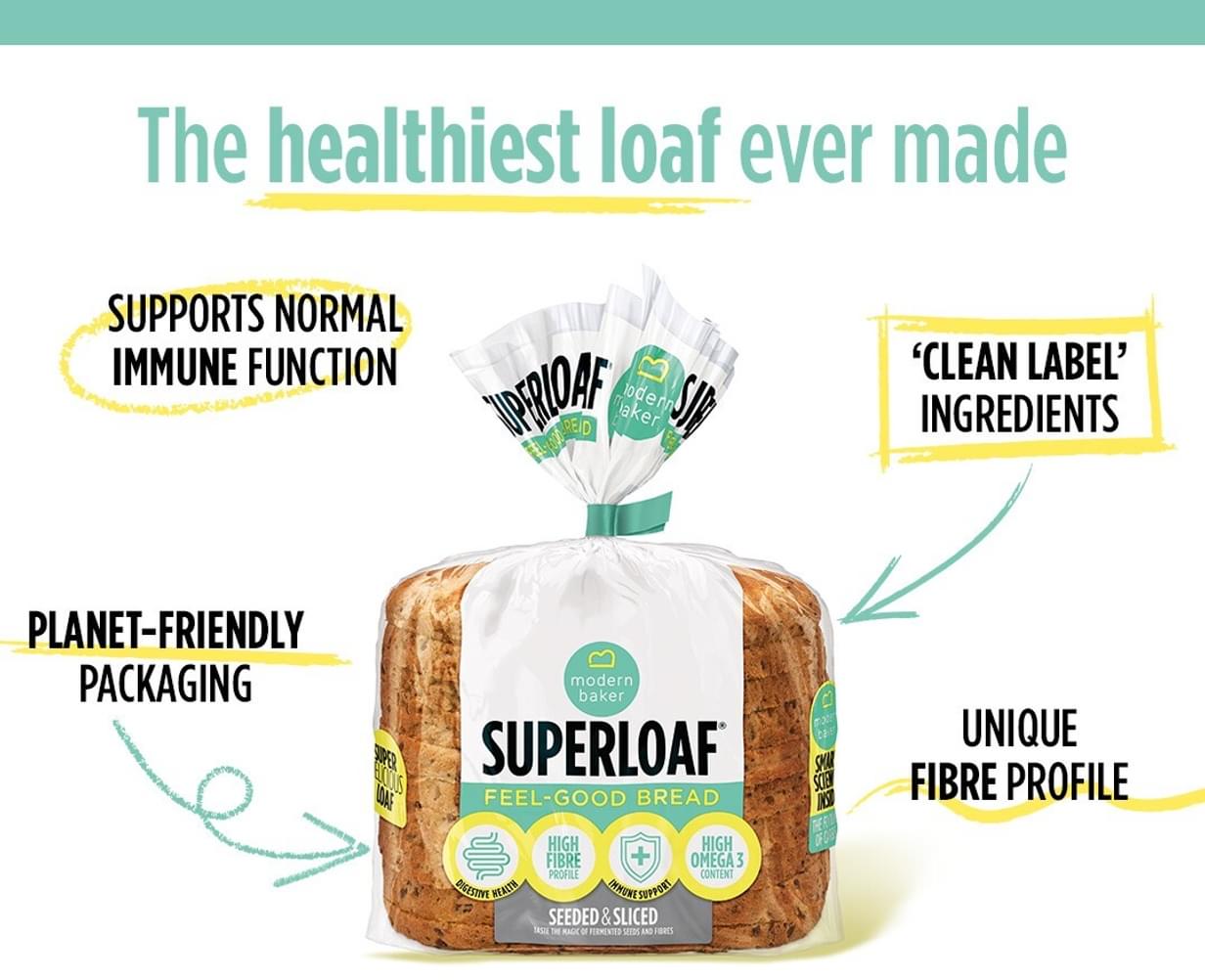NEWS RELEASE: The Ultra-Processed Food Debate Isn’t As Cut & Dry As We Think
Food Activist & Co-Founder of Modern Baker unpacks the good, the bad, and the confusion surrounding the ultra-processed debate & how their pro-processed crusade is making the food chain a healthier place to be.
London, UK - As debate around ultra-processed foods continues to build, Leo Campbell, co-founder of Modern Baker, a company producing the world’s first healthy ultra-processed product – Superloaf, has spoken out on why ultra-processed foods still deserve a spot on our plates.
Appearing on the latest episode of the Impact Makers podcast, Leo took aim at definitions. “The definition of ultra-processed food, the NOVA definition, was never designed to drive policy or anything like that, but it’s been adopted by the media and industry as a football to kick around. And the truth about it is that there isn’t an answer to it. So, it suits a lot of people within the debate because there isn’t an answer to the ultra-processed food debate,” he said. “The problem we have at the moment with industry commentators is that because they’ve had such good media coverage about how bad ultra-processed foods are, they have remained focused on the problem and not on the solutions,” he explains.

Countering arguments by those such as Dr Chris van Tulleken, author of Ultra-Processed People – Campbell spoke up for ultra-processed food, highlighting that his mission to show that vilified categories such as sliced white bread can be a force for good. His ‘Superloaf’ brand was recently described by The Grocer magazine as the world’s first healthy UPF. Leo had this to say, “We asked ourselves if it was possible to make ultra-processed foods healthy. That was our start point, the reason we are in a loaf of bread is because it’s the wests’ staple food and we thought that maybe we didn’t need another Birch water or nut-butter and if we were going to do something, we should do it in a staple food, so bread it was.”
The launch of Superloaf has caused a stir because, for the first time, critics are now being forced to pause and think, can health intervention and ultra-processed foods actually co-exist? And according to Leo, the answer is yes, CPGs just need to work with ultra-processed foods and not against them. On recent efforts by M&S to reduce the number of ingredients, Leo says “I think it’s easy to underestimate what they’ve done with this because it doesn’t actually solve the problem, because it is still processed but it does prove that the food industry can, when they're forced to, change their processing, and essentially take out some of the less desirable ingredients that make consumers do a double take in the aisles.”

For Leo, however, ingredient simplification is only part of the puzzle. He calls for a shift from what he describes as a “health minus” era, where the focus has long been on removing ingredients, to a “health plus” approach, where nutrient density becomes the new north star. “What we’re pioneering is putting high-impact nutritional health interventions into the food system, rather than demonizing processing altogether,” he explains. Interestingly, a recent study with Bristol University found that people started preferring cookies made with Superloaf’s nutrient-rich blend, without even knowing they were the healthier option. Researchers think this might be because our bodies naturally respond better to foods that contain ingredients that do us good. It’s an early sign that smarter recipes can make a real difference, even if people don’t realise it straight away.
This points to a bigger shift in how we think about food. Instead of just removing ingredients like fat or sugar, there’s now a push to add nutrition back in, creating products that support health in a real, measurable way. It’s a move from front-of-pack buzzwords to back-of-pack substance. Superloaf challenges the idea that all ultra-processed foods are bad. It shows that, when made responsibly, processed foods can play a positive role in people’s diets. And with more people questioning the old health rules, there's now a big opportunity for brands to rethink the way they innovate, starting with what people already eat.